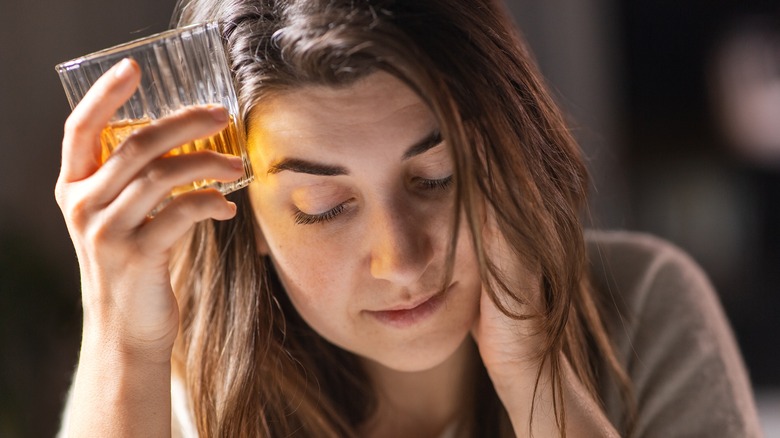According to the World Health Organization, an estimated 63% of married or in-union women of reproductive age used some form of contraception in 2024. Birth control pills are a popular form of contraception with 99% effectiveness, explains the Cleveland Clinic.
Gallup, Inc. reports that 61% of women in the United States drink alcoholic beverages. If you’re on birth control, you might wonder if it’s okay to drink alcohol.
While moderate alcohol consumption is generally safe when using birth control pills, there are certain impacts that need to be considered. It is important to consider the potential risks and benefits of combining these substances and further understand the likely effects that alcohol consumption could have on the pill’s efficacy and your ability to use it properly. This can help you make informed decisions about how to better manage your contraception schedule and alcohol consumption.
How alcohol and birth control interact

According to Medical News Today, it is generally safe to drink alcohol while taking birth control pills and it will not affect how the pills work. However, it is important to be aware of how excessive alcohol consumption may increase your risk for unintended pregnancy by affecting your ability to use the pill properly. Birth control pills are most effective when taken consistently and correctly according to the instructions provided by your doctor. Alcohol can affect your memory and judgment, causing you to miss taking a pill. Additionally, if you vomit after drinking alcohol (and within two hours of taking the pill), this could also affect the absorption of your birth control pill, potentially reducing its effectiveness. This might come as a shocking revelation due to the effectiveness of birth control and its reliability in preventing unwanted pregnancies. However, its high rate of effectiveness is dependent on it being used correctly.
Medical News Today also notes that mixing heavy amounts of alcohol with birth control pills might not be a good idea due to how the pill affects alcohol tolerance. Birth control pills can affect your liver’s ability to metabolize alcohol, potentially leading to higher levels of alcohol and hormones in your bloodstream. Healthline further explains that the hormones found in birth control pills can lead to changes in the rate at which alcohol is eliminated from the body — you may experience a longer period of time in which alcohol remains in your system, potentially increasing the risk of alcohol-related side effects and impairments. If you’re on birth control, therefore, it’s important to be mindful of how much alcohol you are consuming.
Other ways that alcohol affects your sexual health

Another particular area where excessive alcohol consumption can have serious consequences is sexual behavior, which can lead to risky behaviors and potentially dangerous situations. A 2024 study published in the journal Current Addiction Reports found that young women who binge drank (defined as consuming four or more drinks in a row) were more likely to engage in risky sexual behavior. One of the most significant risks of excessive alcohol consumption regarding sexual behavior is the increased likelihood of engaging in unprotected sex. Alcohol can impair judgment and decision-making, making it more difficult for individuals to make rational decisions about their health, says the American Addiction Centers. This may lead to a higher risk of unintended pregnancy, sexually transmitted infections (STIs), and other negative health outcomes.
According to the National Institute on Alcohol Abuse and Alcoholism, alcohol can also contribute to an increased risk of sexual assault or rape, both for individuals who are under the influence of alcohol themselves, as well as for individuals who are targeted by someone else who is under the influence. In some cases, alcohol can be used as a tool to manipulate or coerce individuals into engaging in sexual activity they would not otherwise consent to, which can have serious and long-lasting impacts on their physical and mental health.
If you or anyone you know needs help with addiction issues, help is available. Visit the Substance Abuse and Mental Health Services Administration website or contact SAMHSA’s National Helpline at 1-800-662-HELP (4357).
If you or anyone you know has been a victim of sexual assault, help is available. Visit the Rape, Abuse & Incest National Network website or contact RAINN’s National Helpline at 1-800-656-HOPE (4673).




